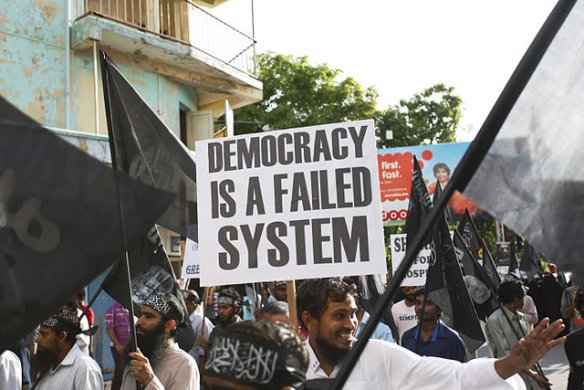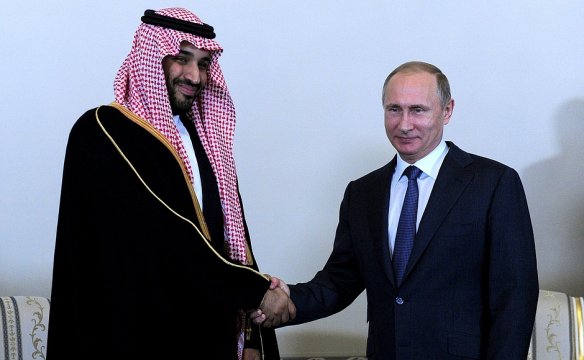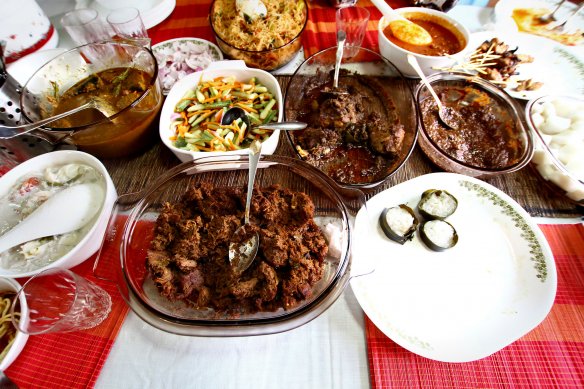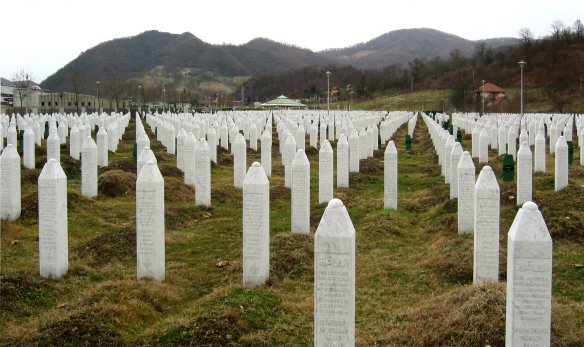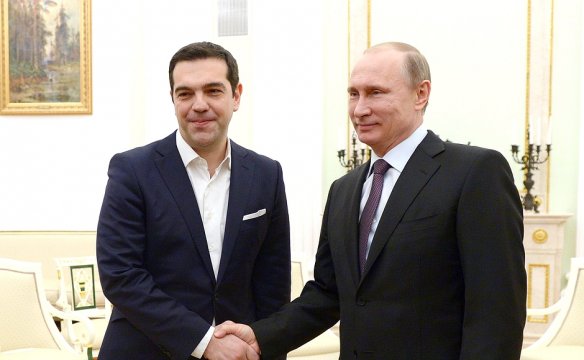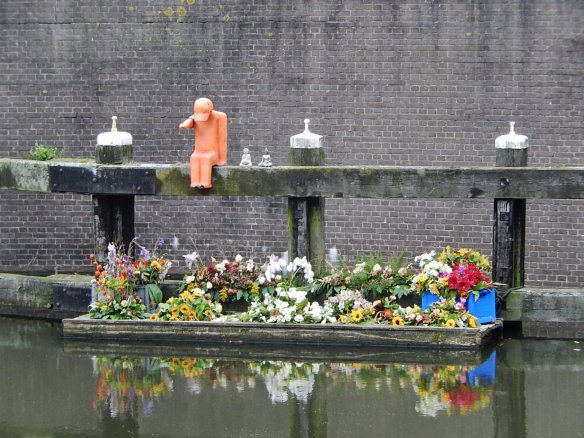
Memorial to the victims of MH17 in the Netherlands. Nobody from Russia came to the ceremony in Nieuwegein.
It was a year ago last Friday (July 17) that the Boeing 777 Malaysian Airlines Flight 17, flying from Amsterdam to Kuala Lumpur, was shot down by a missile over eastern Ukraine, resulting in a loss of 298 lives. The shock of that tragedy awakened Europe and the wider global community to the grave risk that the localized armed conflict in Donbas posed to international security. Russia strenuously denied responsibility, despite its direct involvement in sparking the very war that turned the sky over Ukraine into a battle-zone, and despite supplying the separatists with the surface-to-air missiles that inflicted heavy losses on the Ukrainian Air Force and later shot down the Malaysian passenger jet. International investigations have not as yet delivered definite results, but various independent examinations of the tragedy have firmly established that Flight MH17 was hit by a single missile fired from a Buk-M1 missile system, which arrived to the rebel-controlled part of Donetsk region on July 14; and immediately after the salvo, the weapon was withdrawn back to Russia.
The rest of the article is in Eurasia Daily Monitor, July 20.
